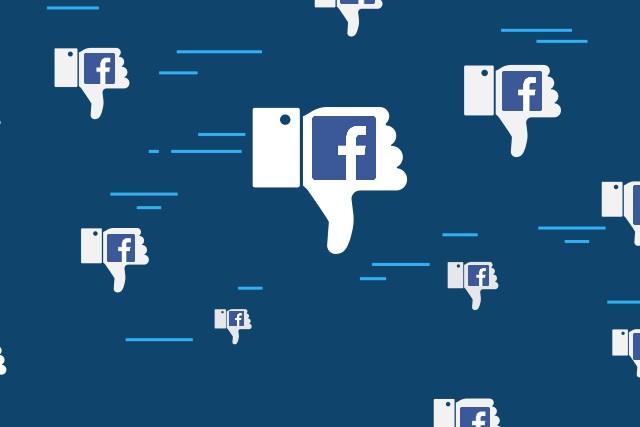Report: Free Basics by Facebook is creepy, limited, and violates net neutrality

It's been a little while since we heard anything about Free Basics by Facebook -- the successor to its Internet.org project which aims to provide access to a number of online services, free of charge, in developing countries (63 in total) -- but a new report slams the service.
On the face of it, this is a good thing, but Free Basics from Facebook has certainly not been without its controversies: the service was banned in India and Egypt, for example. Now a report from Global Voices -- a "global anti-censorship network of bloggers and activists dedicated to protecting freedom of expression online" -- has published a damning report about the service.
The report notes that Free Basics is less about giving internet access to people living in developing countries, and more about making sure that Facebook has a presence in those countries. The service, however, has been heavily criticized for providing what amounts to a "poor internet for poor people," but this is far from being the only accusation that is levelled at Free Basics. Global Voices' report suggests, in particular, that the scheme is little more than a tool for collecting data about people and abuses privacy.
The report says:
Our research casts doubt upon Facebook's contention that this technology is truly serving as an "on ramp" to the global internet. Our case studies illuminate systemic features of Free Basics' user interface, content offerings, and technological architecture that strictly limit the tool's utility for many people within the populations that the company claims to reach. We also conclude that Free Basics' architectural and content limitations are largely artificial and exist primarily as a mechanism for collecting profitable data from users.
But as well as being a creepy data-gathering tool, Free Basics is also culturally insensitive and inappropriate. It is noted that in "heavily multilingual countries including Ghana, Pakistan and Philippines, the app is offered in only one local language," for instance, and there is a distinct lack of local content.
Far from bridging the gap between those who are online and those who would not otherwise be, Free Basics is accused of creating a two-tier internet which violates the principles of net neutrality -- something which already led to it being banned in India. Other findings from the report include:
- Content and usability: Free Basics features an imbalance of sites and services. All versions we tested lacked key local content and services, but featured a glut of third-party services from privately owned companies in the United States. Apart from services that are owned and/or operated by Facebook, the versions of Free Basics that we tested included none of the world's 15 most popular social communication platforms, nor did they include an email platform.
- Net neutrality: Free Basics violates net neutrality principles. Free Basics does not allow users to browse the open internet. It offers access to a small set of services and prioritizes the Facebook app by actively urging users to sign up for and log into the service. The versions of Free Basics that we tested also divided third-party services into two tiers, giving greater visibility to one set of information over another.
- Privacy: Facebook is accessing unique streams of user metadata from all user activities on Free Basics, not just the activities of users who are logged into Facebook. The company collects information about which third-party sites Free Basics users access, when, and for how long.
Facebook argues that giving people limited access to the internet is better than them having no access. The social networking giant is also dismissive of the report, saying:
Our goal with Free Basics is to help more people experience the value and relevance of connectivity through an open and free platform. The study released by Global Voices, and the subsequent article in the Guardian, include significant inaccuracies. The study, based on a small group of Global Voices contributors in only a handful of countries, does not reflect the experiences of the millions of people in more than 65 countries who have benefited from Free Basics.
Facebook has not elaborated on what the alleged inaccuracies are.
Image credit: Julia Tim / Shutterstock
